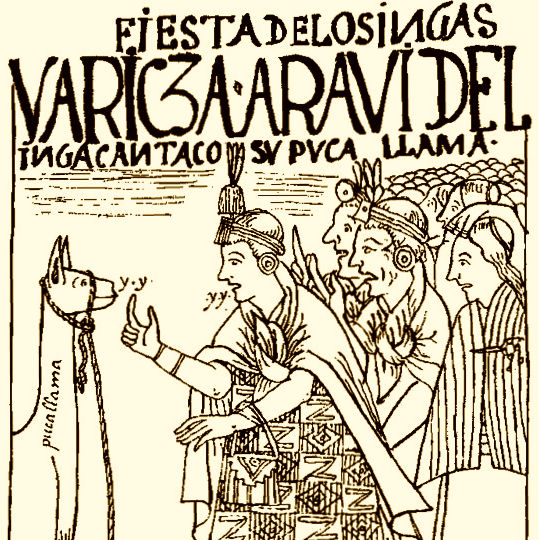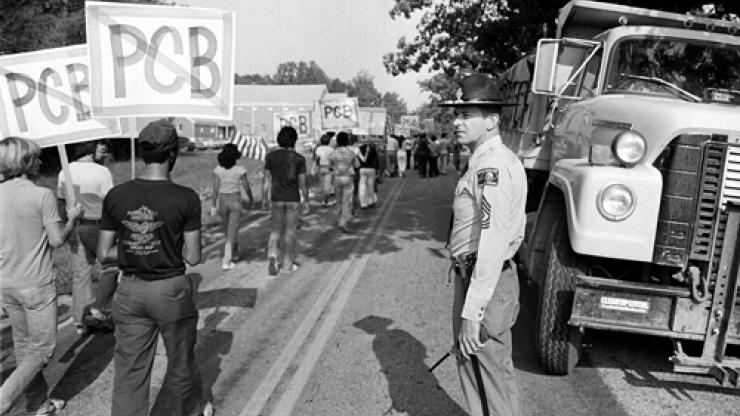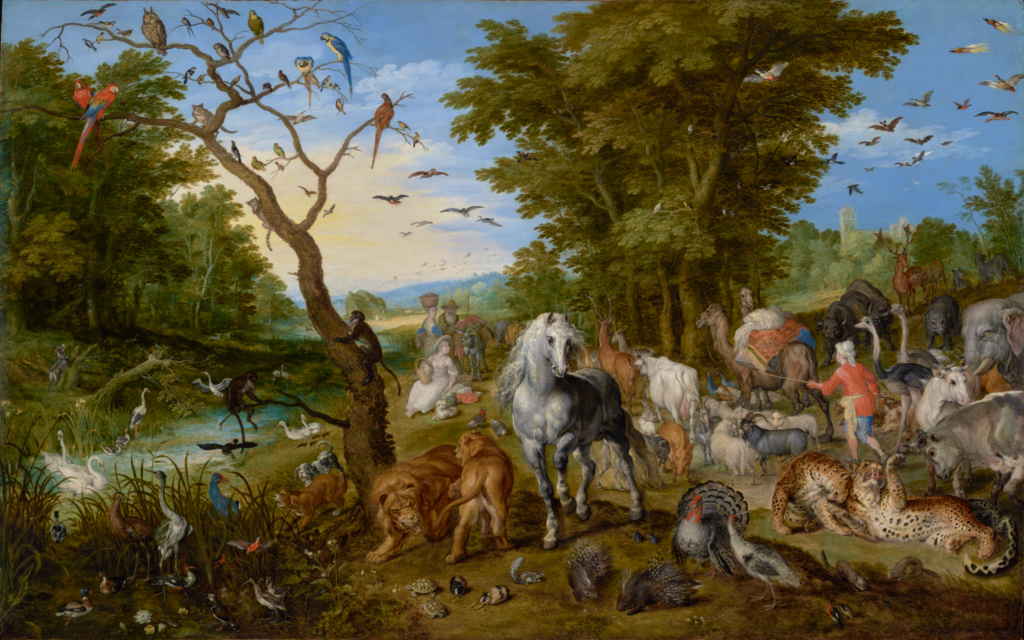My mission as a teacher is to help my students engage with pressing social issues through a critical historical lens. Central to this goal is generating intellectual environments conducive to transformative learning. Following Patricia Cranton, I define transformative learning as a process by which students reexamine assumptions, values, and frames of reference so to challenge dualistic thinking and evaluate competing perspectives and contexts. I also understand transformative pedagogies to be a set of embodied practices that focus on building community, healing, and engaging in direct transformative action.
Courses Taught
Environmental Histories of Latin America

This course examines the relationship between environmental transformations and histories of conflict in Latin America. Although this course progresses chronologically from 1492 to the present, each unit introduces a topic in environmental history and an aspect of human conflict. For example, students will study how the introduction of new crops to the American continent by Europeans was not only a source of environmental change, but also an instrument of colonization and a source of racial divides. Students will also learn how the process of urbanization across Latin America was tied to fossil-fuel energy revolutions as well as conflicts around labor, marginalization, and pollution. The history of the environment in this course is, therefore, studied through the lens of class conflict, race, and environmental justice.
(University of California – Irvine, Fall 2021)
Environmental Racism

This course studies how the environment has related to the construction of race and racism. By focusing on case studies around the globe, we will learn about the racial politics of waste, food consumption, energy, and climate change in diverse social and cultural contexts. Since the course moves chronologically through different historical periods, students will learn how dominant ideas about race and the environment have evolved over time. They will also examine how capitalism, imperialism, and colonialism have recreated environmental racism as a structure and a technology of power. Yet the course is not exclusively focused on the logics of domination and oppression. We will also examine the history of groups and individuals who have fought for just environments, challenged oppressive structures, and found ways to heal their land and communities.
Each week, students will engage with multimedia material (podcasts, films, websites, etc.) It is a central goal of this class to examine these different forms of public media and interrogate their narratives, aesthetic, and affect as well as their effectiveness in advancing a transformative agenda. By the end of the course, students will produce their own public media project challenging dominant narratives about race and the environment.
(Princeton University, Spring 2023)
Humanities Core

Although I am primarily trained in history, my experience at UCI prepares me to teach methodologies from other humanistic disciplines. As an instructor of record with the Humanities Core Program, I collaborate with scholars from history, visual studies, English, film and media studies, and comparative literature in teaching a one-year-long introductory course in the Humanities to over 900 students. This fifty-year-old program fulfills seven General Education requirements in lower-division writing, arts and humanities, multicultural issues, and international studies. The course curriculum, which is reading-and-writing intensive, is renewed every three years with a new theme. This year’s theme, titled “Animals, People, and Power,” invites students to address central questions (e.g. How do discourses about animals relate to colonialism and exploitation?) by engaging with nine different humanistic disciplines. Students in Core attend lectures, participate in seminars, and compose in multiple genres — from expository essays and oral presentations to multimedia projects and artwork. As seminar instructors, then, we must be not only well versed in active learning pedagogy, but also practiced in teaching close reading, disciplinary meta-analysis, research and writing, and digital composition. Although our expertise in a single field provides an individual flavor to our seminars, this is only secondary to our strong interdisciplinary approach that both defines and interrelates multiple disciplines in the Humanities.
(Winter and Spring, 2022)
Organizing Academy
I am returning lecturer at the Orange County Environmental Justice Organizing Academy. This academy trains youth of color through a community science organizing model. Me lessons focus on the history of lead as window into the topics of capitalism, corporate science, and environmental racism. My lesson plans use multimedia strategies to teach students multi modal writing and media production.
Photo Credits
- Humanities Core Website. https://core.humanities.uci.edu/
- North Carolina Department of Natural and Cultural Resources. https://www.ncdcr.gov/blog/2013/02/26/a-watershed-moment-for-environmental-justice-the-warren-county-pcb-protests